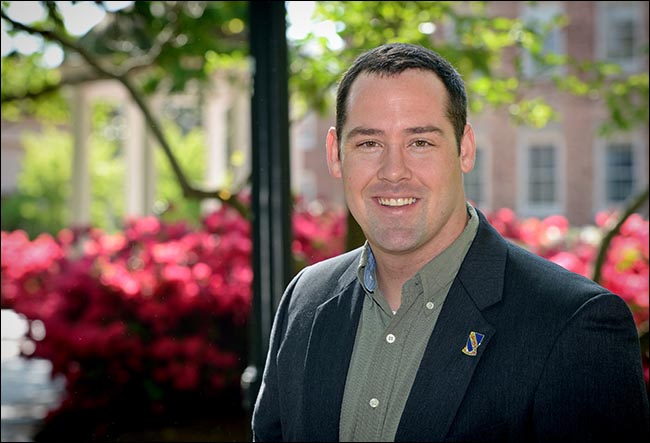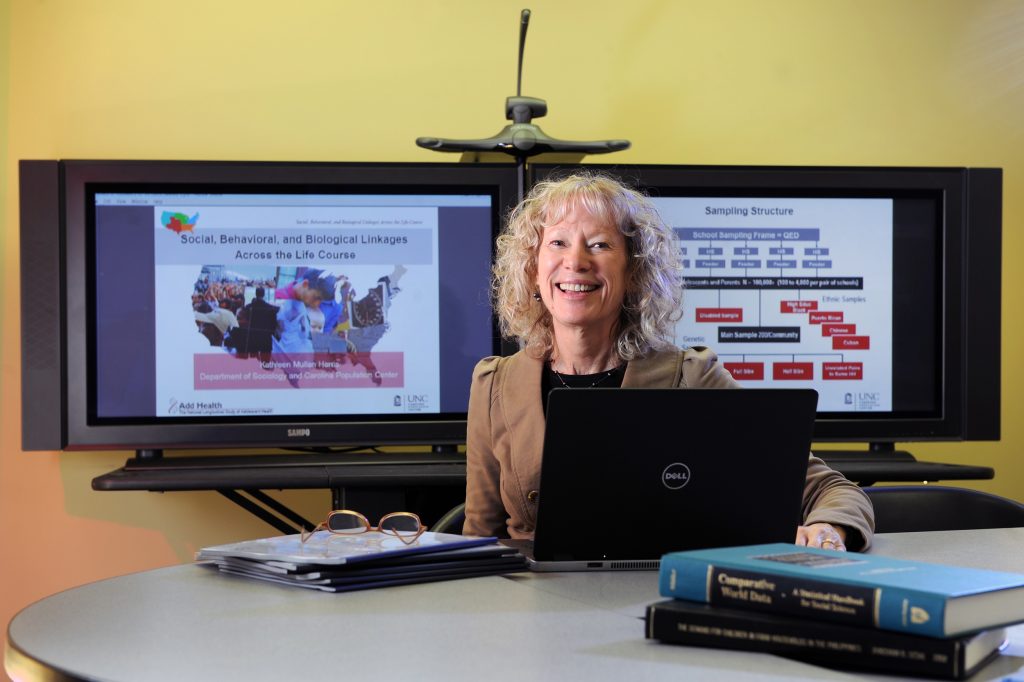As the nation works to restore a vibrant housing market, a new book by researchers in UNC’s College of Arts and Sciences tells what really caused the foreclosure crisis and how to rebuild a safe and sustainable U.S. housing finance system.
“Our study of 46,000 low-income families who received home loans and managed to repay them during the worst housing crisis in our nation’s history proves that we know how to make sound loans to creditworthy working families,” said Roberto G. Quercia, director of the UNC Center for Community Capital and co-author of the new book, Regaining the Dream: How to Renew the Promise of Homeownership for America’s Working Families (Brookings Institution Press). Quercia wrote the book with Allison Freeman, center senior research associate, and Janneke Ratcliffe, center executive director.
Policymakers and regulators face critical decisions to implement The Dodd-Frank Wall Street Reform and Consumer Protection Act of July 2010 and determine the future role and structure of Fannie Mae and Freddie Mac, Quercia said. The book provides historical background, facts and data to show decision-makers how both can be used to create a more resilient housing finance system that ensures broad access to mortgage credit while minimizing risk, researchers said.
Regaining the Dream documents the experiences of thousands of families, unable to obtain home loans from traditional lenders because of their low incomes and assets, who received 30-year, fixed-rate home loans through the Community Advantage Program (CAP). The Ford Foundation provided $50 million in risk capital for this demonstration project to show how the mortgage lending industry could extend the benefits of home ownership more broadly.
Ninety-five percent of those borrowers made their payments successfully and experienced median home equity growth of $23,000, according to the report. Researchers said their successful repayment experience was based on several key elements:
- sound mortgage products;
- sensible underwriting and proactive servicing; and
- access to credit
“The Community Advantage Program is a model upon which to base sound and equitable lending policy,” Frank F. DeGiovanni (financial assets unit) and George McCarthy (metropolitan opportunity unit), Ford Foundation directors, wrote in the book’s foreword.
The UNC Center for Community Capital in the College of Arts and Sciences provides research and policy analysis on the transformative power of capital on U.S. households and communities. The center offers data and analysis that helps policymakers, advocates and the private sector find sustainable ways to expand economic opportunity to more people more effectively.
Regaining the Dream Web site: www.ccc.unc.edu/regainingthedream



